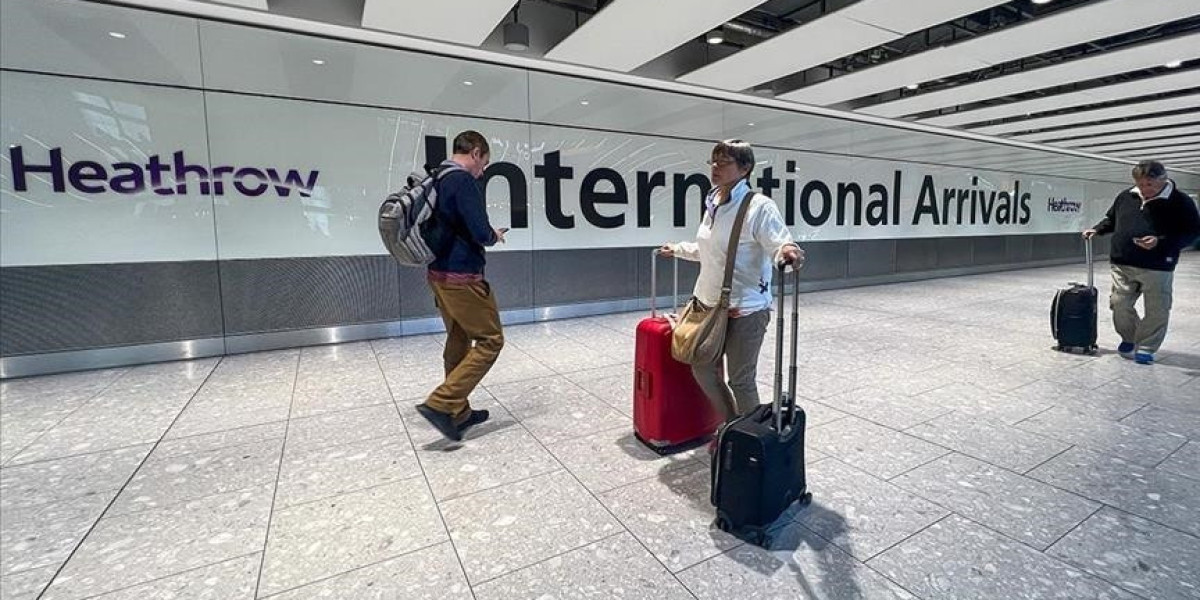“The Washington Post will not be making an endorsement of a presidential candidate in this election. Nor in any future presidential election,” Post publisher Will Lewis said in a statement. “We are returning to our roots of not endorsing presidential candidates.”
The Post reported the decision not to endorse was made by the newspaper’s billionaire owner, Amazon founder Jeff Bezos, citing two sources briefed on the matter.
The Post’s editorial page staffers had drafted an endorsement of Vice President Kamala Harris and it was ready to be approved by its board, but the draft was never presented, a person with knowledge of the matter told CNN.
“Many on the editorial board are surprised and angry,” the person said.
The Post has endorsed a presidential candidate in every election since the 1980s. In his statement, Lewis referred to the Editorial Board’s past decisions to not endorse a candidate, noting that it is a right “we are going back to.”
“We recognize that this will be read in a range of ways, including as a tacit endorsement of one candidate, or as a condemnation of another, or as an abdication of responsibility. That is inevitable,” Lewis continued. “We don’t see it that way. We see it as consistent with the values The Post has always stood for and what we hope for in a leader: character and courage in service to the American ethic, veneration for the rule of law, and respect for human freedom in all its aspects.”
Newspaper owners typically play a role in their publication’s endorsements and sign off on the editorials, which are seen as a reflection of their views.
One journalist at the Post told CNN that the Harris campaign did not engage with the editorial board as part of the endorsement process. Another Post source said the paper had sought to meet with both campaigns but did not meet with either candidate. A spokesperson for the newspaper did not comment.
Ahead of Friday’s announcement, the Post’s editorial page editor, David Shipley, told staffers that Lewis would be publishing a public note with the decision.
“The news is significant - and I know there will be strong reactions across the department,” Shipley wrote in a memo.
Robert Kagan, an opinion editor-at-large at the Post who resigned Friday in protest after the announcement, said Bezos made the decision to appease Trump.
“This is obviously an effort by Jeff Bezos to curry favor with Donald Trump in the anticipation of his possible victory,” Robert Kagan told CNN’s Erin Burnett OutFront. “Trump has threatened to go after Bezos’ business. Bezos runs one of the largest companies in America. They have tremendously intricate relations with the federal government. They depend on the federal government.”
The move was also denounced by Marty Baron, the Post’s former executive editor who led the newspaper through its coverage of the January 6, 2021, attack.
“This is cowardice, with democracy as its casualty. Donald Trump will see this as an invitation to further intimidate owner Bezos (and others),” Baron wrote in a social media post. “Disturbing spinelessness at an institution famed for courage.”
Under Baron, the paper went on to win a Pulitzer Prize for public service for its coverage of the assault on the US Capitol, which it described as an “attempted coup.”
During Trump’s presidency, he famously feuded with Bezos, especially when it came to the e-commerce giant Amazon. Trump called the Post “The Fake News Washington Post” and derided it as Amazon’s “chief lobbyist.”
Trump directly accused Amazon of not paying enough in taxes and taking advantage of the US Postal Service. The Trump administration also blocked Amazon’s $10 billion cloud computing contract with the Pentagon, which was widely seen at the time as Trump seeking retribution against Bezos over the Post’s reporting.
It was Bezos, Baron wrote in his book “Collision of Power,” who ultimately helped decide on the Post’s “Democracy Dies in Darkness” slogan that was adopted during the Trump era.
But Trump has vowed to weaponize the government and seek vengeance against his perceived enemies and critics if he is reelected in November. Hours after the Post announced its decision Friday, Trump greeted executives from Blue Origin, the space exploration company owned by Bezos, the Associated Press reported. The company has a $3.4 billion contract with the federal government to build a new spacecraft to scuttle astronauts to and from the moon’s surface.
In Washington, Bezos’s decision not to endorse in the 2024 race left some members of the Post’s editorial department feeling blindsided and disgusted, multiple sources told CNN. “We are furious,” one writer said.
A group of 13 Post opinion columnists later published a statement condemning the decision as “a terrible mistake.”
“It represents an abandonment of the fundamental editorial convictions of the newspaper that we love, and for which we have worked a combined 218 years,” they wrote.
Another staffer, invoking the Post’s slogan, said, “Democracy doesn’t die in darkness, it dies when people anticipatorily consent to a fascist’s whims.” Other Post staffers publicly expressed their dismay.
“The paper I’ve loved working at for 47 years is dying in darkness,” David Maraniss, a Pulitzer Prize-winning editor, wrote in a social media post.
Another Washington Post journalist, speaking on condition of anonymity, told CNN they had mixed feelings about the decision.
“I’m glad the Post isn’t going to endorse anymore. But, what an awful time and way to roll that out,” the person said. “If you’ve read the Post for the last few years and all the facts the news side has uncovered, I’m not sure you need the editorial board to tell you what to do.”
The decision comes just days after The Los Angeles Times owner Patrick Soon-Shiong blocked the newspaper’s planned endorsement of Harris, leading to resignations from three editorial board members.
Major US newspaper chains have also scaled back on presidential endorsements in recent years. McClatchy and Alden Global Capital, which owns hundreds of newspapers across the country, have ended the practice. Earlier this year, the New York Times announced it would no longer endorse in local races, though it later endorsed Harris as “the only patriotic choice for president.”
On Friday, the Philadelphia Enquirer and Houston Chronicle also endorsed Harris.
“America deserves much more than an aspiring autocrat who ignores the law, is running to stay out of prison, and doesn’t care about anyone but himself,” the Inquirer editorial board wrote.









